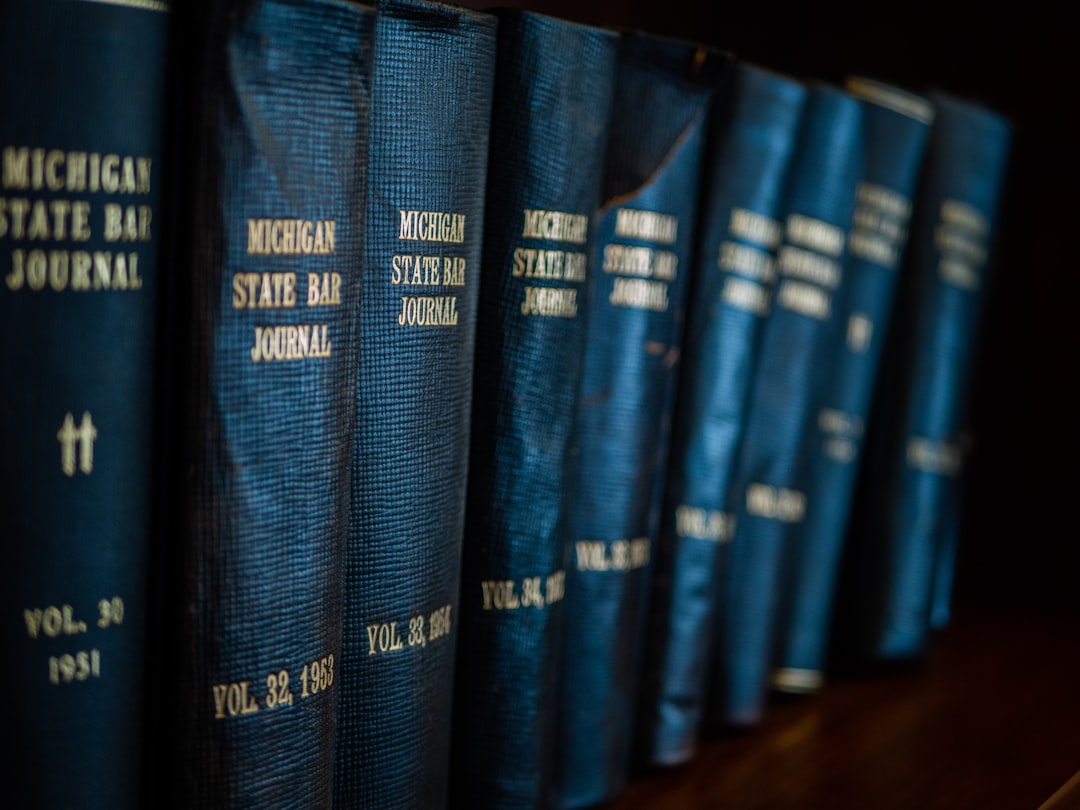Hospital lawyers in California play a vital role in sexual assault forensic exams, ensuring compliance with strict state guidelines to protect victims and preserve evidence. They guide healthcare providers through protocols for informed consent, evidence handling (chain of custody), and interpreting medical records, balancing patient privacy and legal requirements. Their expertise streamlines case processes, fostering fair outcomes while supporting survivors' well-being throughout the legal system. Key aspects include maintaining sterile conditions, meticulous documentation, and victim-centric care, with legal guidance navigating complex evidentiary challenges in hospital settings.
In California, sexual assault forensic exams play a crucial role in justice and survivor support. This article guides readers through the legal landscape surrounding these exams, focusing on hospital lawyers’ essential role in providing critical legal guidance. We explore key considerations during exams, best practices for lawyers handling these cases, and strategies to effectively support survivors. Understanding California’s framework ensures compliance and enhances the overall justice process, with a special focus on the expertise of hospital lawyers in this domain.
Understanding California's Legal Framework for Sexual Assault Forensic Exams

In California, the legal framework for sexual assault forensic exams is designed to protect victims and ensure justice. The state has established strict guidelines for healthcare professionals and law enforcement to follow when conducting these sensitive examinations. These protocols are crucial in preserving evidence, minimizing trauma for survivors, and facilitating potential legal proceedings. Hospital lawyers play a vital role in navigating this landscape, ensuring compliance with California’s laws and advocating for the rights of all parties involved.
The process typically begins with obtaining informed consent from the survivor, who should be fully briefed on the exam’s purpose, procedures, and potential outcomes. Hospitals and medical facilities across California are mandated to offer these exams free of charge to ensure accessibility for victims. Legal counsel can help interpret these laws and guide healthcare providers, ensuring that every step of the forensic examination is conducted appropriately, protecting both the victim’s rights and the integrity of the evidence.
The Role of Hospital Lawyers in Providing Legal Guidance

In the complex landscape of sexual assault cases, hospital lawyers in California play a pivotal role in providing legal guidance throughout the forensic examination process. These legal professionals are well-versed in both medical and legal aspects, ensuring that every step taken during an exam adheres to stringent legal standards while maintaining patient privacy and dignity.
Hospital lawyers offer crucial support by assisting with patient consent, understanding the chain of custody for evidence collection, and interpreting medical records. They work hand-in-hand with healthcare providers and forensic examiners to safeguard the rights of victims and ensure that any legal challenges or complexities arising from the exam are promptly addressed. Their expertise enables a seamless navigation of California’s legal frameworks related to sexual assault cases, ultimately facilitating just outcomes for all parties involved.
Key Considerations During a Sexual Assault Forensic Exam in California

When conducting a sexual assault forensic exam in California, several crucial considerations come into play. It’s imperative that healthcare professionals and legal experts work in tandem to ensure the collection and preservation of evidence. A hospital lawyer in California plays a vital role in guiding this process, ensuring compliance with state laws and procedures to protect the rights of all involved.
Key factors include maintaining a sterile environment to preserve potential forensic evidence, documenting each step meticulously, and obtaining informed consent from the patient. Additionally, the exam should be conducted by trained professionals who are sensitive to the emotional and physical well-being of the victim. Legal guidance is essential to navigate the complex issues surrounding sexual assault cases, especially when dealing with hospital settings and the potential for evidentiary challenges.
Supporting Survivors: Best Practices for Lawyers Handling These Cases

Supporting survivors is paramount in sexual assault cases, and best practices for lawyers handling these sensitive matters involve creating a safe, non-judgmental environment for clients. Hospital lawyers in California play a crucial role in ensuring survivors feel supported and empowered throughout the legal process. This begins with prompt notification and intake, where lawyers should provide clear information about rights, available resources, and what to expect during the forensic exam.
Effective communication, cultural sensitivity, and understanding the unique challenges faced by survivors are essential skills for California hospital lawyers. Accommodating survivors’ needs, respecting their autonomy, and maintaining confidentiality can foster trust and encourage cooperation. By prioritizing survivor well-being, lawyers can enhance the integrity of evidence collection and contribute to successful outcomes in sexual assault cases.





